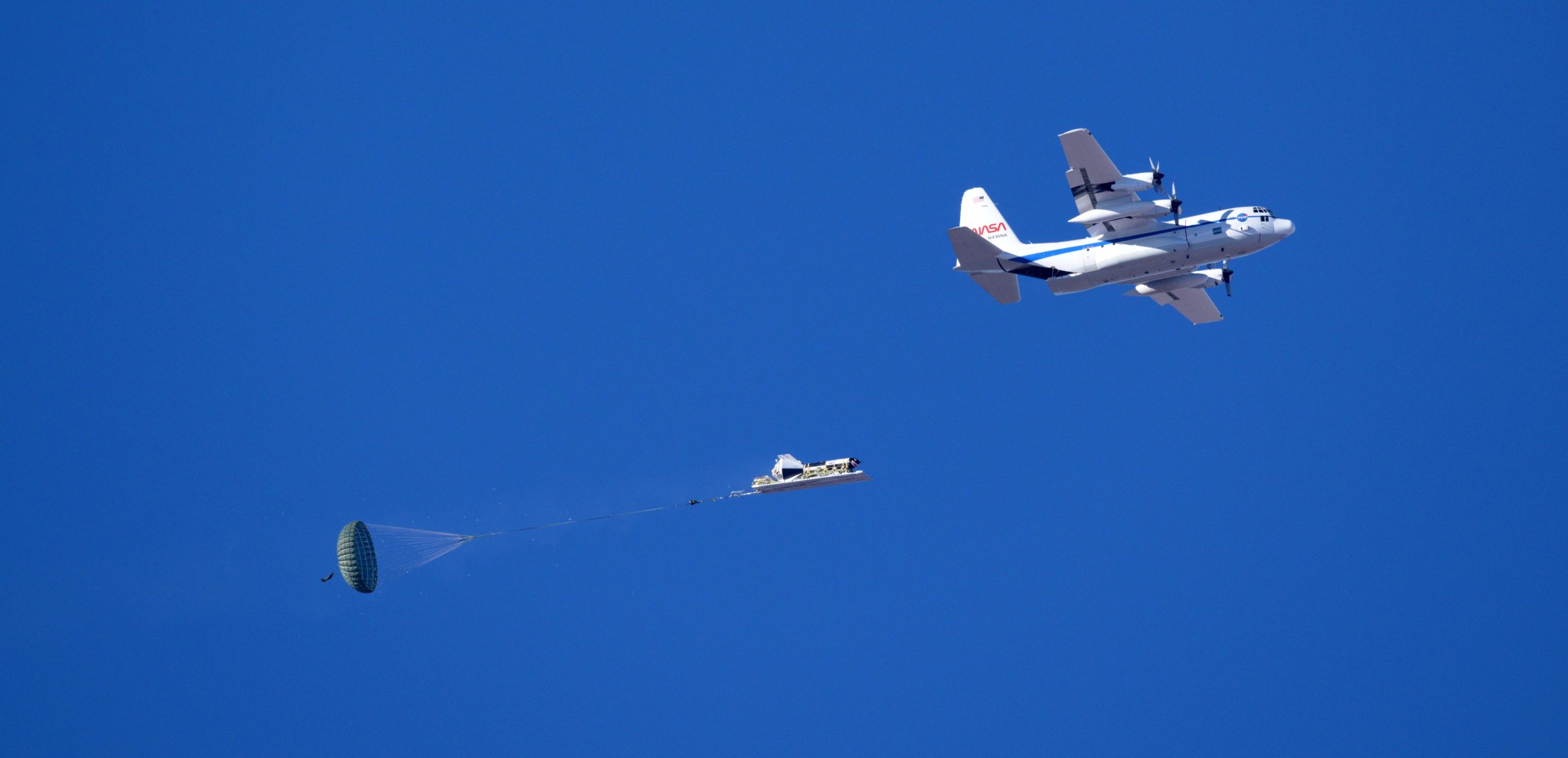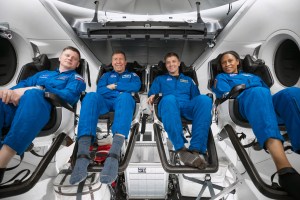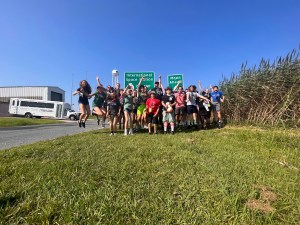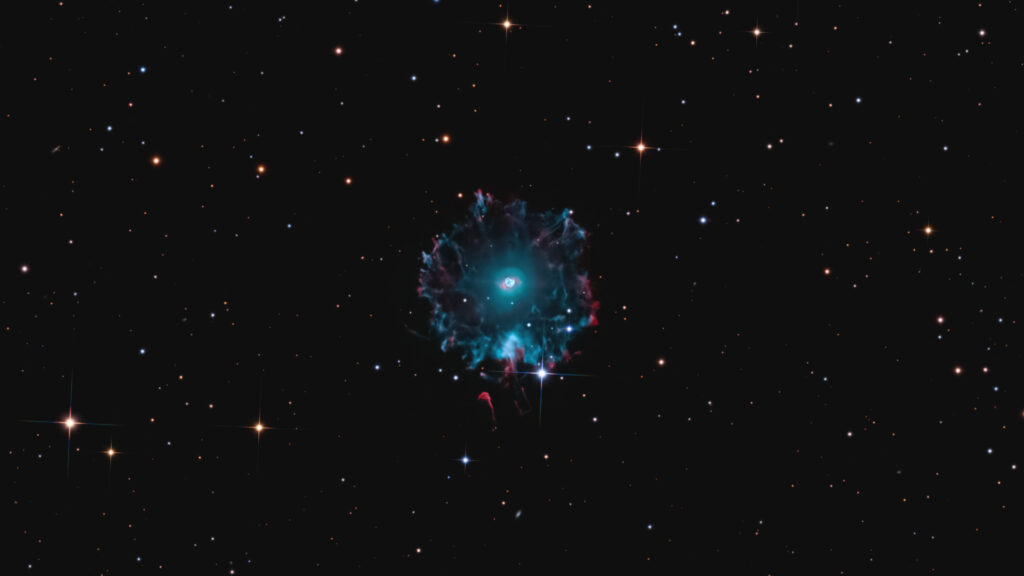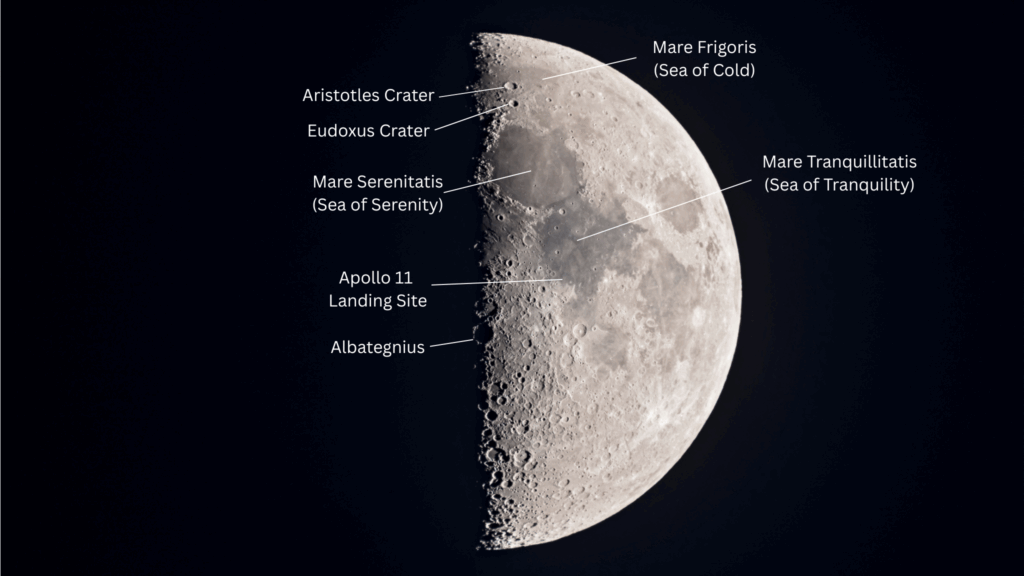1 min read
Preparations for Next Moonwalk Simulations Underway (and Underwater)

NASA’s C-130 Hercules, managed at Wallops Flight Facility’s Aircraft Office in Virginia, provided aerial delivery support for a successful commercial crew parachute airdrop test Jan. 9 at the U.S. Army’s Yuma Proving Ground, Arizona. This week’s testing was in support of NASA’s Commercial Crew Program and partner, Boeing, which are developing crew transportation capability to and from the International Space Station.
Up for testing was a modified parachute system for Boeing’s Starliner spacecraft. The system, which involved two ringsail parachutes, required a demonstration set in stressed conditions to certify successful deployment.
During the demonstration, the Wallops C-130 team deployed a 27,000-pound payload comprised of the Parachute Compartment Drop Test Vehicle and Mid-Altitude Deployment System. The team released the payload from an altitude of 13,000 feet while coordinating and timing their efforts with U.S. Army UH-60s and a NASA AFRC B-200 aircraft used to capture photos and video documentation of the mission.
The Wallops C-130 team has supported 16 successful commercial crew parachute airdrop tests since 2018. For more information, visit nasa.gov/wallops.
